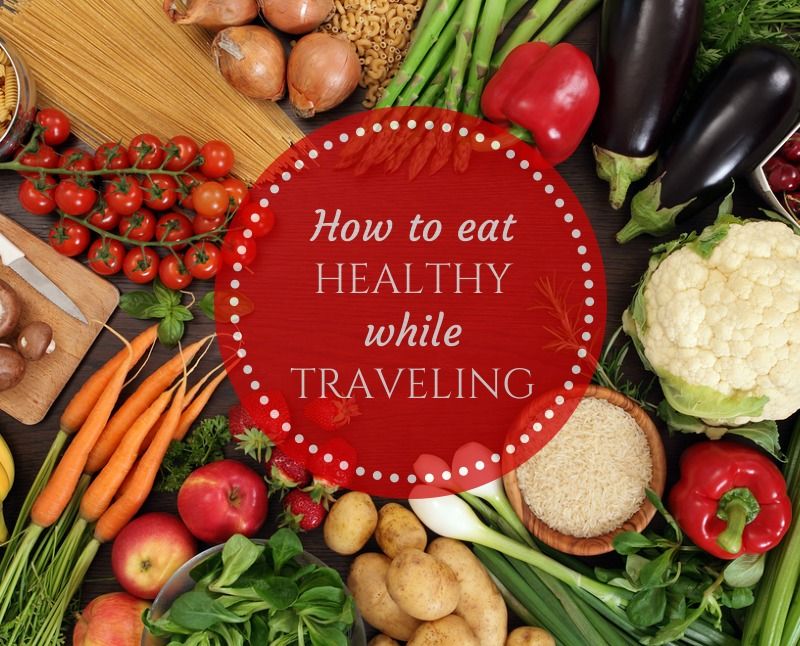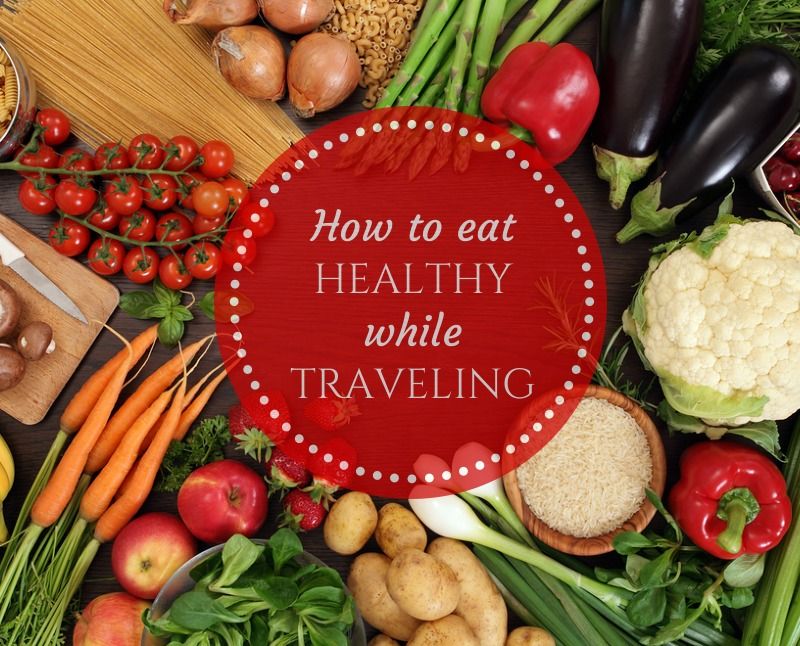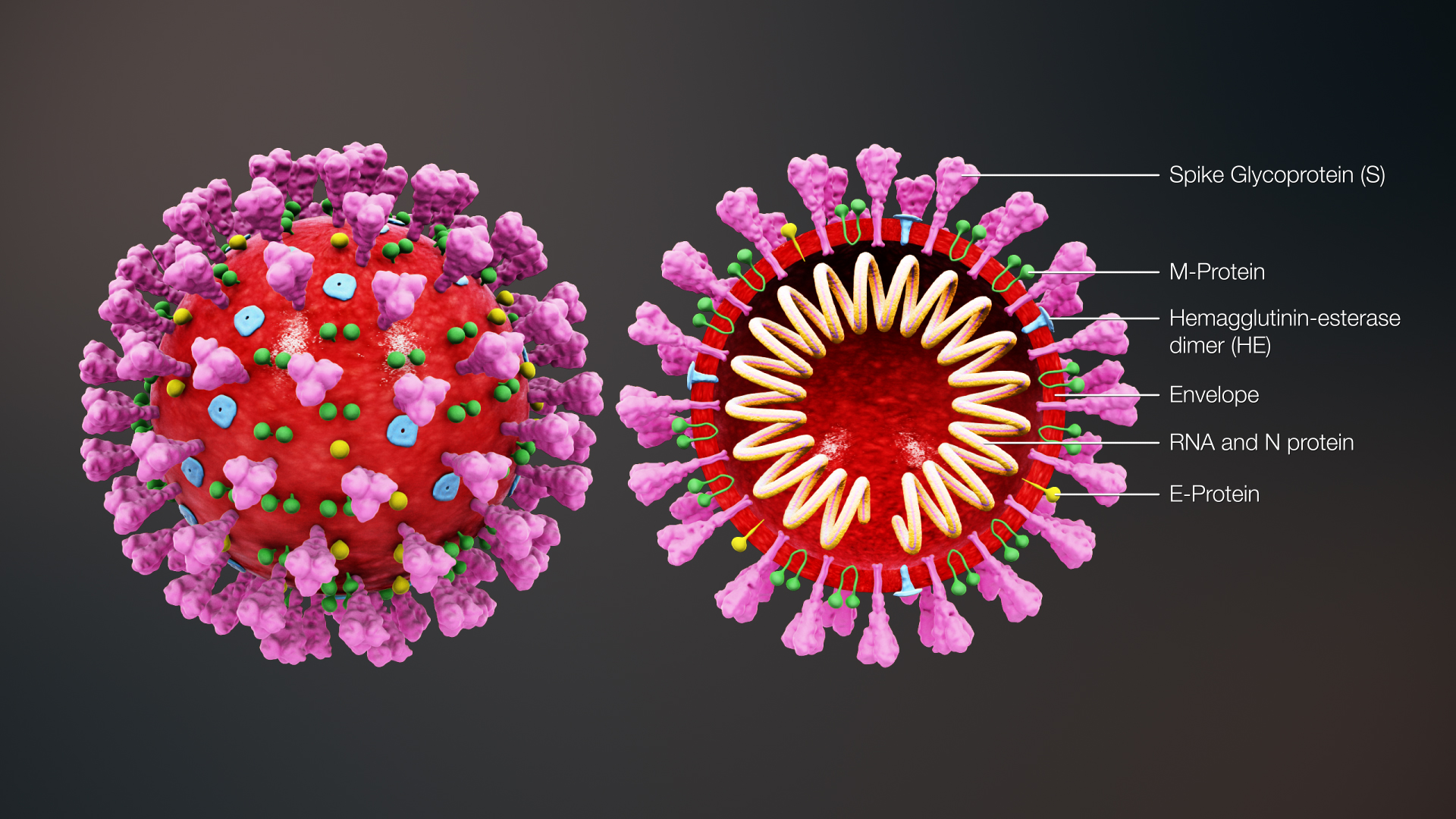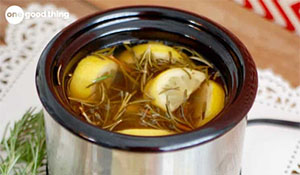Toxic impurities in many of our food sources can pose significant health risks and, over time, cause lasting damage to our bodies. But where, exactly, do these toxins come from, and how can you avoid them? Follow these 4 tips for detoxifying your diet and your body.
4 Tips to Detoxify Your Diet
- Cut out the animal fats. Animals are often exposed to synthetic hormones, antibiotics, and pesticides. These toxins are concentrated in the animal’s fat and are passed on to our bodies when we eat it. Look for low-fat meat, poultry, and dairy products. Trim any visible fat and remove the skin from poultry. Broiling meats and fish allows the fat to drain off the meat, while frying actually locks the toxins in.
- Select safer seafood. Eating seafood can expose you to methyl-mercury, a potent neurotoxin. Fish can also be contaminated with PCBs, which may cause cancer in some people. The Monterey Bay Aquarium’s Seafood Watch offers regional recommendations on which seafoods are least likely to contain dangerous chemicals.
- Go organic. Organic produce is less likely to contain dangerous pesticides. If organic isn’t available, choose from the fruits and vegetables that tend to have the lowest residue of pesticide, including: avocado, tomato, onion, broccoli, watermelon, eggplant, papaya, cabbage, asparagus, mango, sweet potato, sweet peas, sweet corn, pineapple, and kiwi.
- Ban the can. The cans that are conventionally used to store foods and beverages on pantry shelves are lined with a resin that contains bisphenol-A, a hormone-disrupting chemical. Opt for foods that are fresh, frozen, dried, or packaged in tetra packs or glass jars.







